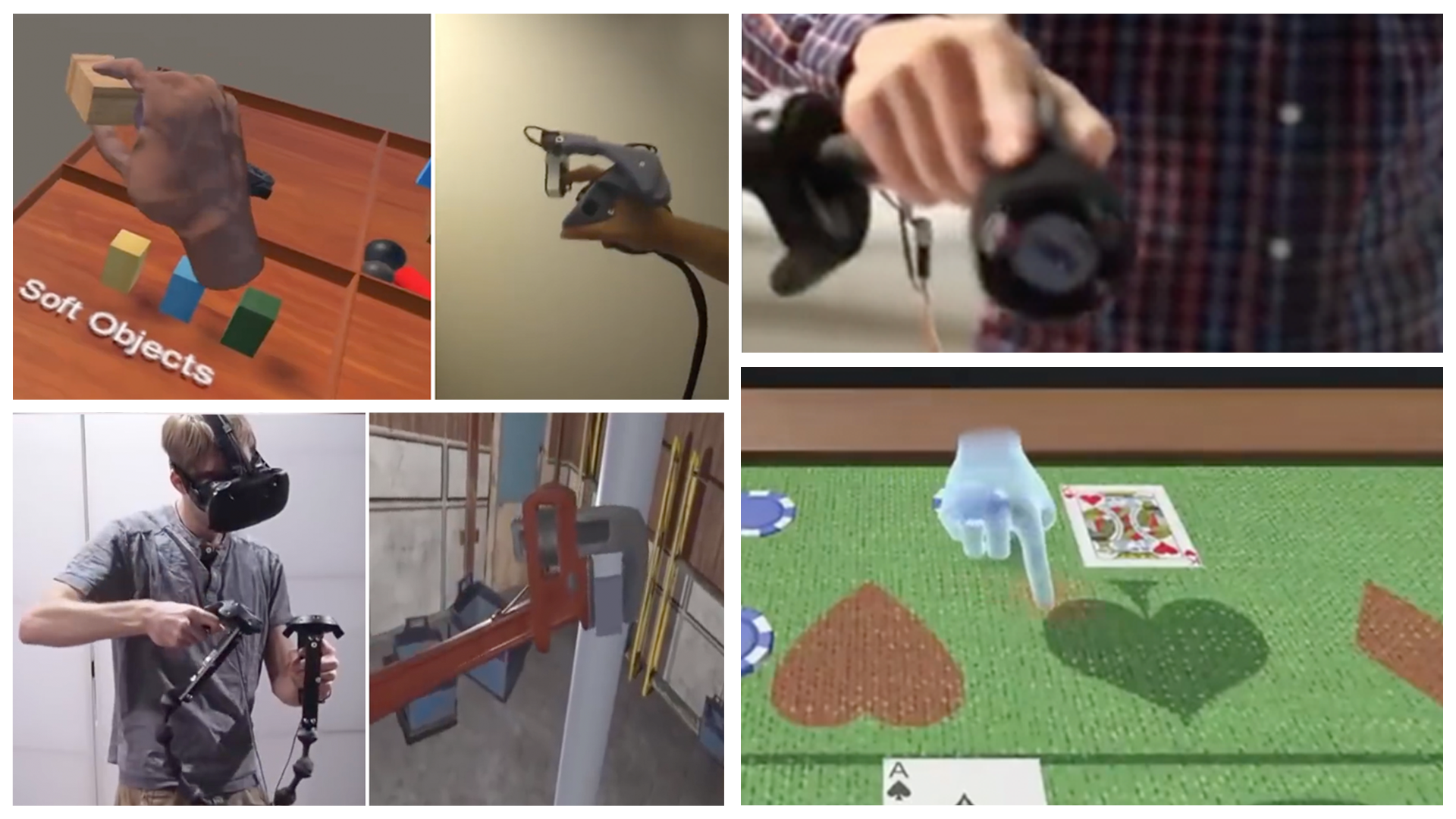The weather is warm and balmy along Mexico’s renowned Riviera Maya, the venue for the 2012 Microsoft Research Latin American Faculty Summit (opens in new tab). I’m sure my friends would tell me to get outside, walk along the beach, and think peaceful thoughts. Great suggestions, but I find myself drawn indoors by the summit’s lively intellectual discourse and its thought-provoking research presentations—just like at the previous seven Latin American Faculty Summits.
The theme of this year’s summit is “Technology in Action,” which captures the role of computing in helping to solve real-world problems and advance social and scientific discovery. And indeed, the meeting rooms of the Grand Velas Riviera Hotel are abuzz with researchers from across Latin America and the Caribbean, actively discussing the role of computing in fields as varied as education, geology, healthcare, and the environment. Explicit in many of these discussions is how Microsoft Research can help define the twenty-first century, as scientific inquiry blends virtual and physical reality and strives to gain insights from “big data.”
Spotlight: Microsoft research newsletter
As excited as I am by the summit’s lineup of speakers and presentations, my greatest enjoyment has come from witnessing Tony Hey’s introduction of Juan Carlos Niebles (opens in new tab) as this year’s Microsoft Research Faculty Fellow (opens in new tab) from Latin America and one of seven (opens in new tab) from around the world. This is the eighth year of the fellowship program, which is intended to identify future thought leaders and provide the funding and public recognition that will help accelerate their research. It has been my pleasure to be involved with the program from its beginning, getting to know the recipients and following their careers. And now, with the selection of Juan Carlos, I feel that the program has truly come of age. You see, Juan Carlos is a “second generation” Faculty Fellow, which is to say he studied under a previous Faculty Fellow from 2006, Fei-Fei Li (opens in new tab). How exciting to have come so far in such a short time!
I’m invigorated by the prospect of watching Juan Carlos make further advances in the field of computer vision as his career progresses. He already has created novel algorithms for the automatic recognition and detailed understanding of human motions, activities, and behaviors from images and videos. This technology has the potential to enable innovative activity-aware systems—such as personal robots and smart homes, smart video surveillance, medical diagnosis and monitoring, automated sports analysis, and semantic video search—which will enhance our quality of life.
The selection of Faculty Fellows is just one example of Microsoft Research’s ongoing commitment to collaborating with the academic community and the advancement of computer-science-based research in Latin America. Equally illustrative are the two virtual institutes we have co-founded in region: the Microsoft Research–FAPESP Institute for ICT Research (opens in new tab) and the Latin American and Caribbean Collaborative ICT Research Federation (LACCIR) (opens in new tab). These two institutions are advancing the development and application of computer science in Latin America, and their research output is prominently represented at this year’s summit.
Speaking of prominent features, I must mention the new timeline of Mayan culture, which is part of the ChronoZoom (opens in new tab) content update being launched at the summit. This timeline, created in conjunction with Felipe Gaytan and Camina Murillo from La Salle University in Mexico, covers the rise and fall of Mayan civilization and the ongoing history of ethnic Mayan identity. Equally important, it shows the tremendous potential of ChronoZoom to cover and integrate the history of everything. By launching the ChronoZoom content update at the summit, we hope to encourage top science and humanities scholars in Latin American to create content in ChronoZoom.
Also announced at the summit was Microsoft’s partnership with Universidad Autónoma Metropolitana to translate The Fourth Paradigm: Data-Intensive Scientific Discovery into Spanish. The Microsoft Research publication is a collection of thought-provoking essays on the development and promise of data-intensive research.
I could go on and on about the summit—but for now, I think I’ll take that walk on the beach, while I reflect on the excitement of the day.
—Harold Javid, Director, The Americas, Microsoft Research Connections
Learn More
- 2012 Latin American Faculty Summit (opens in new tab)
- Microsoft Research Faculty Fellowship Program (opens in new tab)
- Faculty Fellows: the Magnificent Seven (opens in new tab)
- Microsoft Research–FAPESP Institute for ICT Research (opens in new tab)
- Latin American and Caribbean Collaborative ICT Research Federation (opens in new tab)
- ChronoZoom Project (opens in new tab)
- ChronoZoom 2.0 Beta (opens in new tab)
- The Fourth Paradigm: Data-Intensive Scientific Discovery (opens in new tab)
- Latin America at Microsoft Research Connections (opens in new tab)


